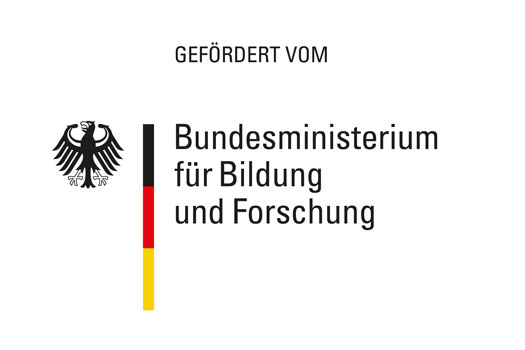Promising technofunctional properties of plant proteins for technical applications


Sustainable raw materials are being increasingly utilized by industry as an alternative to materials of fossil fuel origin. Up until now, carbohydrates, fats, and oils have been the primary raw materials used from plant sources. Plant-based proteins, contrastingly, have been little used, even though they have highly attractive technofunctional properties: Many are emulsifiers, form foams, and bind oil and water. The aim of the TeFuProt project is to identify the commercial potential of plant proteins.
Waste materials from plant processing are used to extract proteins
The processing of agricultural raw materials results in large quantities of protein-containing byproducts, most of which remain unused (e.g. residues from rapeseed oil production, so-called rapeseed meal and rapeseed press-cake). Five million metric tons of such residual materials are produced in Germany annually. Some can be used as animal feed, although bitter substances contained therein limit this usage.
The combination of processes generates specific technofunctionalities
As part of the TeFuProt project, proteins from the residues of rapeseed oil production are to be used as base materials or additives in paints, coatings, cleaning agents, lubricants, adhesives or polymers. Their emulsifying, foam-forming and film-forming properties are optimized for technical applications by combining processes. In care products or coating systems for surfaces, for example, chemical ingredients can be reduced or, in wood glazes or parquet coatings, they can be replaced by protein preparations, e.g. acrylic. In this way it is possible to produce a bio-based product from a conventional product.
Fraunhofer IVV conducts research on application-specific technofunctional properties
Processes are being developed at the Fraunhofer Institute for Process Engineering and Packaging IVV to recover proteins from the rapeseed press-cake. The aim is to use combinations of different processes to produce protein preparations that have customized technofunctional properties for specific applications. This work involves the development of optimized processes for the extraction, fractionation, and purification of the proteins and their modification. All these processes must be able to be scaled up. It will also be investigated how the structures of the proteins influence their technofunctionality. Partners from various sectors of industry will test the suitability of the proteins for a range of different products.
The project is being undertaken in collaboration with 14 partners from industry and R&D. Besides the sustainability of the protein products, industry has a commercial interest in acquiring valuable materials from low-cost residual and waste materials.
Project term: |
2017 to 2020 |
Project management |
Project Management Jülich GmbH (PTJ) |
 Fraunhofer Institute for Process Engineering and Packaging IVV
Fraunhofer Institute for Process Engineering and Packaging IVV